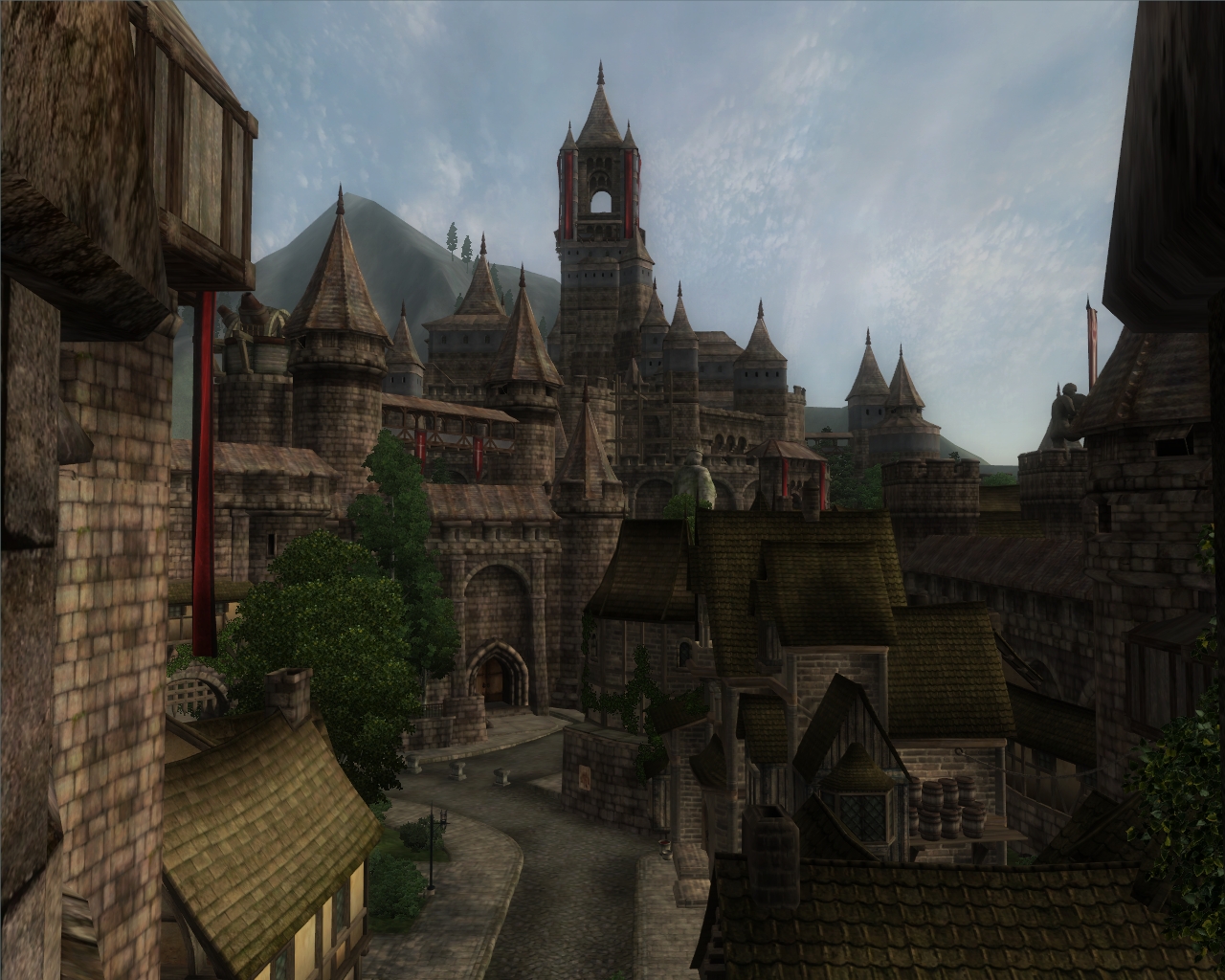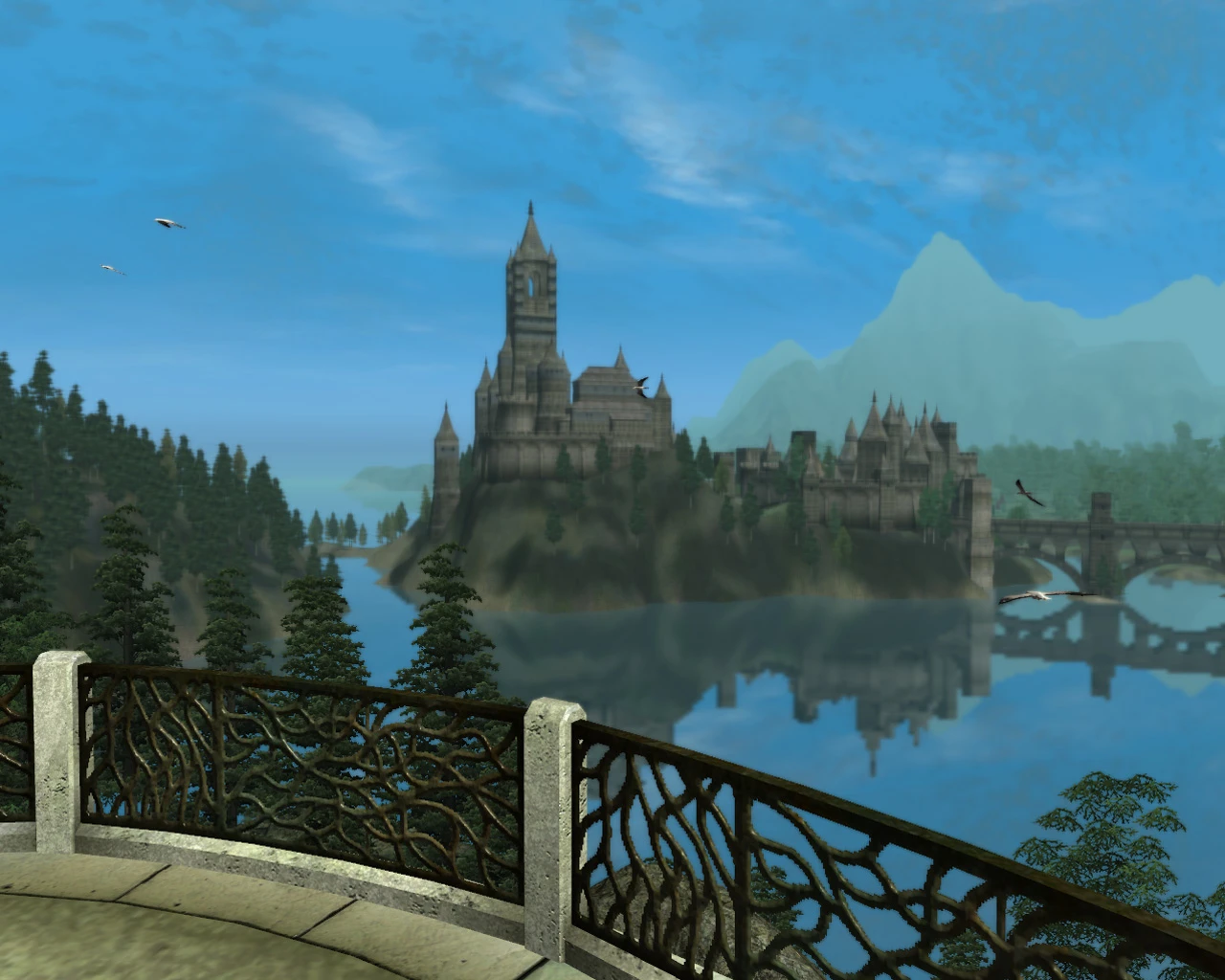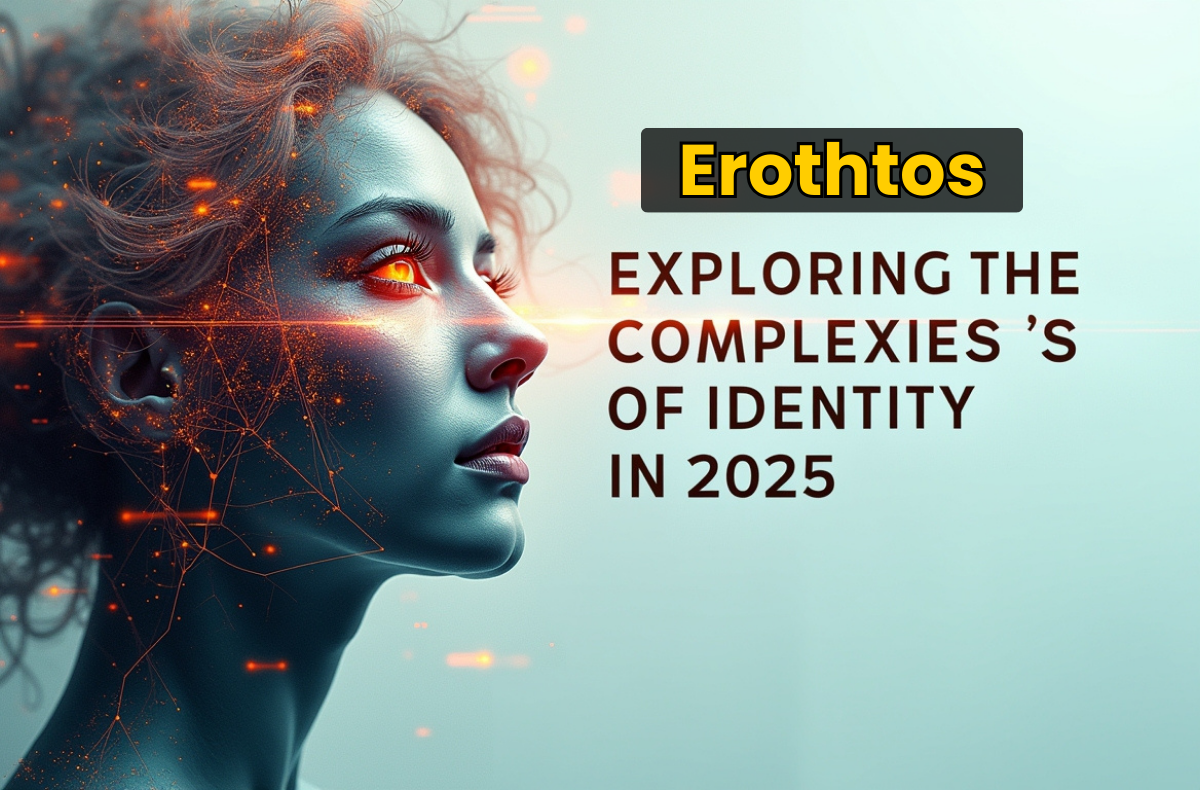It is the output of a large number of qualitative research, conducted by the author who is a specialist in the areas of digital language, symbolic culture, and the development of art in online spaces. The writer investigated message boards, coded literary texts, alternative art platforms and developing web aesthetics in order to track what appeared to be the invisible strand of a word that does not have an official definition but bears a hidden cultural undwell.
Using immersive observation and blind flights of linguistic fancy, the author has formed this account of Erothto not as the definitive description, but as an open examination of an evolving phenomenon that is infested with emotional perfume, and ambiguity, and digital mysticism.
Introduction
In an era where language is ever changing to reflect the dynamic realities faced, the digital community has come out as a giant research laboratory to the ongoing language inventions. It is no longer that words are born only at dictionaries or in Universities. They are instead natural, often anonymous, and left of center, byproducts of internet subcultures, experimental art venues, and the nomenclature of online diversion. One of these words is the Erothto, which is starting to have a little bit of a tidal wave effect in the depths of the Internet.
As opposed to common terminologies that make a clear entry into the cultural space, Erothto is not easily understood. It does not come forward with an obvious purpose or a commanding past. Rather it calls forth investigation. It is delved in between digital art exhibitions, glitches through snippets of cyber-poetry and rears its head as user handle-names, tags and as the imaginary characters in unmarked territories of virtual forums.
Erothto sounds more like a doorway than like a word, as though it were an opening into the other dimension of symbolic play and poetic atïtecism. This paper aims at exploring the fringes and undertones of such a peculiar and splendid work, to reveal its application, connotations, and possibilities as a culture artifact of our era. Breaking down Erothto is like chasing down a definition, except, in the case of the birth of a language born of code, pixels, and mass-imagination, a witness to the birth of a new modern myth.
Linguistic Structure and Speculative Origins of Erothto
What seems artificial and, at the same time, close to our ears is the word Erothto. The prefix Ero- is bound to remind the reader about an ancient Greek god of love, passion, and havoc that desire might cause which is Eros. This reference adds an emotional and quite possibly sexual connotation to the word, with the ideas of desire, passion and the sometimes deadly influence of desire. The suffix -thto is again much more elusive in its meaning. It does not look like any linguistic root of current or archaic languages.
This etymological empty-handedness causes one to think that thto is some kind of sound-waste product-literally an imitation literally an echo of a vanished dialect which strives to upset conventional Chinese cognition. Other linguistic theorists have suggested that Erothto could also be an invented word created with a symbolic stratification, as opposed to direct communication, in mind.
Others believe it may be a variant of a hybrid linguistic area, a mixture of genuine languages and artistic fantasy, perhaps based on Greek, Latin or even machine-generated models of language. Here it is possible to recount instances where word making artists are deliberately making up words in order to alter reality just enough so that new layers of meaning can be uncovered. In this respect, Erothto is both rupture and appeal, an open-ended signifier, which does not allow a complete definition in favor of emotional and creative intensity.
Erothto Within Underground Digital Communities
The word Erothto has received some traction across different underground digital realms, especially those that concern themselves with cryptic artistic and psychological subversion. It has also been exhibited in decentralized art hubs, anonymous blogs, gallery installations on the internet, interactive fiction pieces, and generally has an underground following. It sometimes lurks in the background even when it is made apparent. It could be buried in code in a line of poetry, it could be used as the name of an audio-visual NFT or in creepy dream records on black-boxed servers.
Interestingly, quite a few people who use the term do not provide an explanation of the presence of the term, as though merely defining it would mean taking away its strength. This inability to strictly limit Erothto to a single meaning further exposes the community based development of this word to sensation as well, as the only sort of reaction this term may be based upon. People use the word because it is not only practical; it also conveys something that they cannot quite define but they feel the need to say.
These micro communities perceive Erothto as the representation of a liminal, of the things between boundaries. It is, at times, linked to temporal consciousness, dream interpretation, sexual identity, spiritual enlightenment, and post-human thinking. Instead of taking sides on a particular political or social movement, Erothto is dynamic and can be able to move to other forms of emotional or intellectual lands depending on the purpose of the user.
Landscapes and Psychology Concepts
What is particularly interesting in Erothto is the emotionality that it appears to have without making an express statement. Contrary to most keywords that connote a description made in a near action or a categorization, Erothto leeches on the sentimental turf. It evokes some sense of spooky-beautiful, unutterable desire, ontological discontinuity, and even some sort of religious lamentation. The experience of many who do encounter the term in art or writing has been descried as one of not being in a position of naming something they feel that they should have recalled.
This feeling is not random When the term Erothto is found in artworks or in writings, the landscapes mentioned therein are often thought of as metaphysically decayed and ephemeral dreams which fall upon cities that became long engulfed in time, all relationships that rot into memorys silent ghosts as well as humoral moments and instants that stick in an existential silence. These works do not address people in logical words but rather on symbols, sensations and small contradictions.
It also shows an emergent form of erotic melancholy that is more of a spiritual or cerebral desire or yearning but with a contradicting distance to it. In other cases, the word Erothto is used to denote digital lovers, missing avatars, or even virtual companions, and it brings up the nature of human affection and its connection with artificial companionship.
Artistic Aesthetic: Erothto as a Creative Genre
Being aesthetically resistant to labels is one of the things that make Erothto truly hard. It is not restricted to one medium or style but it is presented across a variety of artistic undertakings. It manifests itself in the context of visual arts such as collages, pictures, and images which have organic and also digital features of their own: soft colors bleeding into glitchy overlays, ghostly figures dissolving with translucent code, and dream worlds that seem to turn on themselves, like a burn.
In Erothto, sounds are created with the help of whispered ambient music that at times creates a calming repetition and other times creates a distorted effect. Such artists tend to incorporate field recordings, synthetic echoes, and otheriers of the spoken word in their work overlapped on top of limited sets of tones to which they attribute their work to Erothto. The outcome can be, in many cases, meditative, disorienting, and deeply emotional, music that does not lead but allows us to immerse.
In literature and experimental writing, Erothto occurs in poetic writing that is non narrative in focus with no narrative structure as the language collapses into a purely visual image and meaning as emotional texture rather than content. The use of syntax and sentence fragments, symbolism and incomplete thoughts is not only common in writers but deliberate as the texts seem to be trapped in the loop of memory and loss.
Erothto and Identity Fluidity
The fluid, ungendered quality of Erothto is the reason it has been secretly used by gender and identity activists, notably those that practice non-binary, trans, and post-identity ideologies. As Erothto is not part of some established image, it becomes a bar that can be painted with new meaningful content. Others use such terms as a third self, or shadow identity to describe Erothto as not exactly what a person is, but what they feel when they are not bound by the labels that society applies.
It acts as a sort of emotional pseudonym to signify the self in which there is no complete way of speaking but through feeling or intuitive or symbolically gesturing. In this application, Erothto moves beyond the artistic, or even linguistic horizon and takes a step into the domain of psychological self-creation. It does not speak to us of what we are, but of what we can become by getting rid of all the definite patterns with which we are loaded down by culture and language.
An Avatar of a Digital Mythos
The word Erothto is only a cliche in order to interpret its complete multidimensionality. It is rather a symbol that lives–a sort of modern myth that gets enriched as it moves through hands, heads and hearts. Erothto is unlike other, earlier historical mythology, because what was codified and canonized in history is never closed, never chaotic, and always changing, evolving. It is framed by anyone talking about it and experiencing it in dreams, writings, code, images and even in the philosophical thought experiments. It is not so much about the provision of the information as it is about the creation of an emotional connection and the introspection which is being shared.
In a world that more often than not is used to censor, dominate and even subjugate through language, Erothto is another form of linguistic emancipation. It has got the potential of becoming a genre and movement, or even digital rite. Or it might just fade away right into the waters of lost internet culture. One way or another, its existence testifies to the force of mass imagination and human need to create meaning in the undifferentiated.
Frequently Asked Questions (FAQs)
Does Erothto appear in more than the dictionaries?
At the moment, Erothto is not included in any official dictionary. Being a derivative term of digital subcultures, it is also a recent coinage, typically of artistic and philosophical use where no particular definition is intended to be implemented so that the symbolic obliqueness might not be disintegrated.
Is Erothto a kind of‘ meaning?
Erothto does not have a universal agreeable meaning. It works as a conceptual and emotional stand-in-one-way the vessel of a variety of meanings-expressing that may vary in expression, such as love and longing on the one hand, but also myth, identity, and digital consciousness.
As for examples of Erothto in art, or writing, how about the example of the two-sided nature of a panorama in art?
Erothto has recently found its way into some experimental digital art platforms as well as niche poetry blogs and obscure forum users as well as cryptic multimedia projects. Most applications are allusive, metaphorical, and highly personalized.
Is there a way to use Eroth in fiction or personal writing?
Absolutely. A lot of creators are attracted to the potential of the word, as it brings a sense of liberation and strong feeling. Erothto offers a wealth of color to a writer to use as a name, mood, or design element.
Does Erothto have anything to do with mythology or religion?
Erothto is not founded on any established mythology, but more often there are supernatural or mythical overtones. Other users define it as a symbolic power, spirit or archetype that covers elements of love, remembrance and unconscious mind.
Conclusion
Erothto is not simply an unusual word one can come across in the most unexpected places of the web, it is evidence of a new awareness of language. As it is ambiguous, it can provide freedom from language rules and requires us to play, invent, and open our hearts to expressivity. It is a reflection of the in-betweenness of present-day identity, feeling, and expression in the environment, which is more and more defined by digital interactions and the play with symbols. With the language mutating and our way of communicating going beyond the alphabet and extending to areas of aesthetics and emotions.
Erothto constitutes a mechanism toward a new direction of cultural authorship. It challenges creators, dreamers, and thinkers to defy the rational limits of language and the present-day discourse by letting go of the dual model of existence and logic which in many ways is limited as a way of getting the bigger picture. Here the not-yondiscerned manifests itself as a much more eloquent statement than any measure toward the definite, and mystery is not an issue to be satisfactorily resolved but an environment in which to move.
The real strength of Erothto is revealed by the way it is open. It has no ownership by an institution, no dictate, no restriction by one tradition. It does not belong to people who prefer not to discuss it, create it, and make it voice them in their feelings and artistic expression and other means of self-expression that cannot be captured in words. It is a language of the middle-place- a word that swings between inner and outer worlds, organic and cybernetic living, inner truth and communal fantasy. In subsequent years, Erothto can become aesthetic movement, philosophical term, or even subcultural identification.
Memories of it perhaps are the only thing that remains in fragments and the memories of people who invested even a short time with meaning. In both instances, it will have accomplished something vital: it will have reminded us that in a world of too much information and in a world of over-exposed language, there is something still to be said that is undefined, poetic, and quietly effective. The digital void is the whispering of Erothto- something does not always have to inform. In some cases it merely has to suggest, to charm, and to open the doors into the mystery of being.

